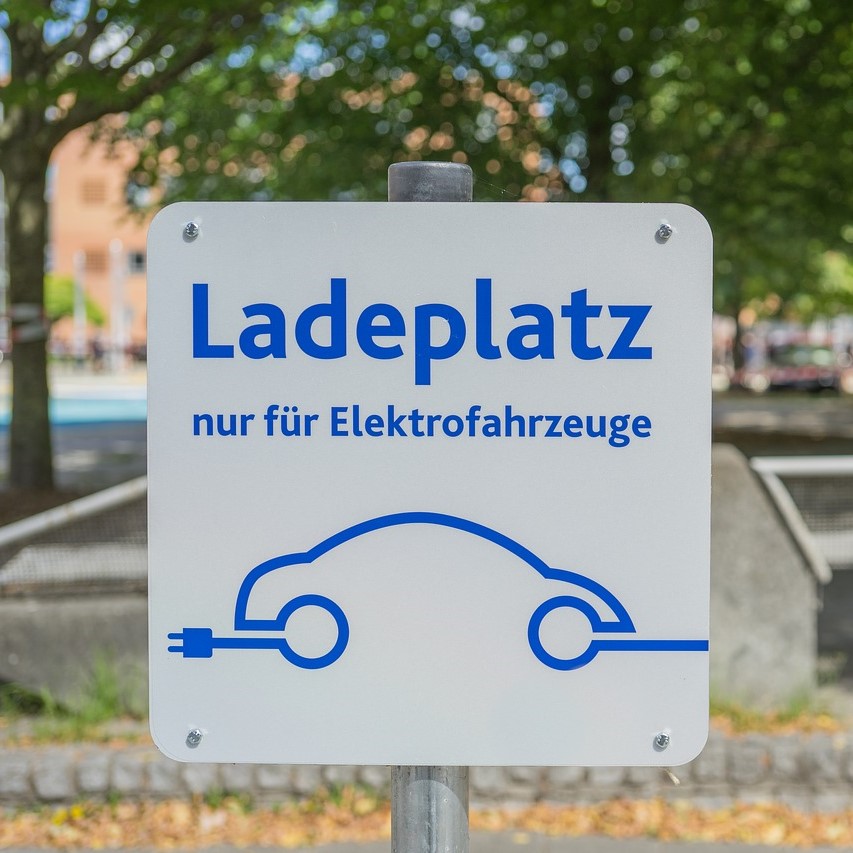“An efficient charging infrastructure is crucial to help electric mobility achieve a breakthrough in Germany. The private charging infrastructure is particularly important in this context. At least two thirds of all charging processes take place at home,” says Reinhard Zirpel, President of the Association of International Motor Vehicle Manufacturers (VDIK). German rental and home ownership law is currently still a major obstacle to the establishment of private charging points. The initiative of the Federal Ministry of Justice to modernize the home ownership law is therefore to be welcomed.
Commenting on the ongoing consultation process, Zirpel continued: “The amendment to the law should enter into force before the summer if possible. The automotive industry, energy companies and not least customers have been waiting years for this reform. The Grand Coalition should now press ahead with it at full speed.”
Surveys of e-car buyers have shown that the ability to charge at home is a crucial prerequisite for the purchase of an electric car. To achieve the target of around 10 million electric cars in Germany by 2030, the automotive industry estimates that 8 to 11 million charging points are required in the private sector.
However, tenants or homeowners who want to install charging points at their parking spaces have so far encountered high legal hurdles. Landlords can refuse to give their consent. Condominium owners are dependent on unanimous resolutions of the owners’ association. The law to promote electromobility and modernise the German Condominium Act can help here. In future, both condominium owners and tenants should have the right to install charging infrastructure – but at their own expense.





